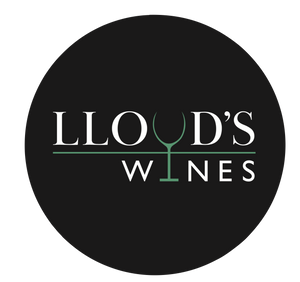The Meaning Of Vegan And Vegetarian-Friendly Wines Explained
Mar 26, 2024
The terms vegan and vegetarian wine can be confusing: most people assume that wine is an entirely plant-based product. While the wine in its original state contains only pressed and fermented grapes, other substances are added before the wine is bottled to make it more visually appealing and marketable.
Here’s what you need to know if you follow the vegan or vegetarian lifestyle when choosing your next bottle of red, white or sparkling wine from your supplier!
The role of fining agents
Fining agents are used by winemakers to remove unwanted particles from the wine that can cause it to have a cloudy appearance. This is a natural by-product of the wine-making process, and they don’t affect the quality or taste of the wine. However, colour, clarity and texture are all a part of the way consumers perceive wine.
Therefore, to ensure the wine has a clean sediment-free appearance, fining agents are added to remove the molecules that are causing the wine to look dull. Traditionally, fining agents are made from animal-derived ingredients such as egg whites (albumin) or milk protein (casein).
Occasionally, they may even be made from gelatin, which is derived from animal bones and cartilage, or isinglass that is made from fish bladders. None of these products would be suitable for someone who follows a strict vegan lifestyle, and some would also be incompatible with a vegetarian diet or beliefs.
It should be noted that fining agents are usually removed once they have done their job, but sometimes traces can be absorbed into the wine.
Why can’t you rely on checking the wine label?
Although it’s required that winemakers list all the ingredients clearly on the label, this is not a reliable way to decide if the product is vegetarian or vegan friendly. This is because the fining agents have technically been removed and aren’t classed as additives, even though traces may still remain.
How can you be confident that you are buying a wine that suits your dietary preferences?
The only way to be sure that you are buying a wine that has not had animal-derived products added to it at any point is to select one that has been produced using alternative methods.
One simple way to do this is to buy a wine that is labelled unfined or unfiltered, meaning that it hasn’t gone through the fining process at all. However, it’s best to investigate the producer further to see if there is a reasonable way to verify the authenticity of their claims, such as a credible website and testimonials.
Another avenue to follow is organic wine, which is left to develop naturally so that the sediment content is kept to a minimum. This means that there is no need to add fining agents, or to accept that the wine has a natural slightly cloudy appearance.
Some winemakers use alternative fining agents, such as bentonite, which is a type of clay, or activated charcoal, which is a highly refined form of carbon with ultra-absorbent properties.


